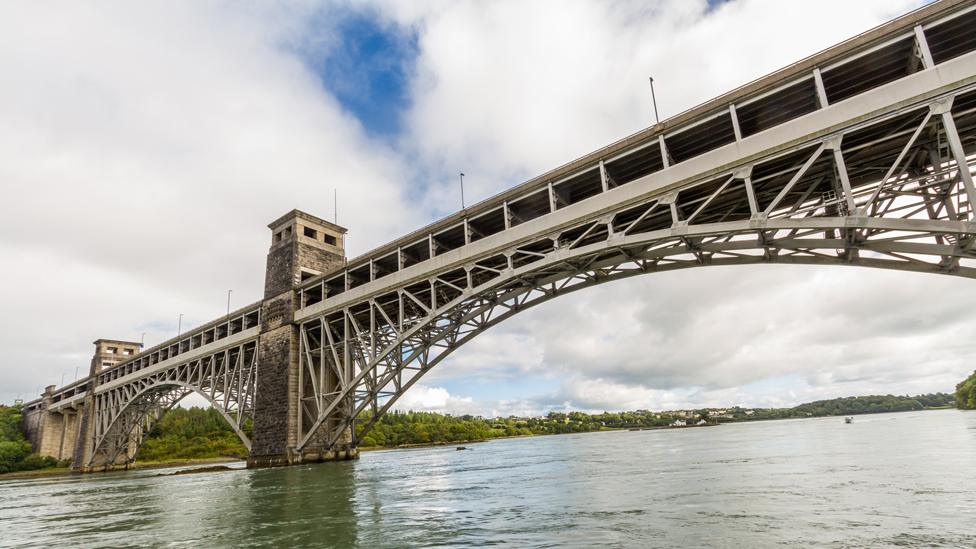Fears of north Wales 'super-council' cost and accountability
- Published
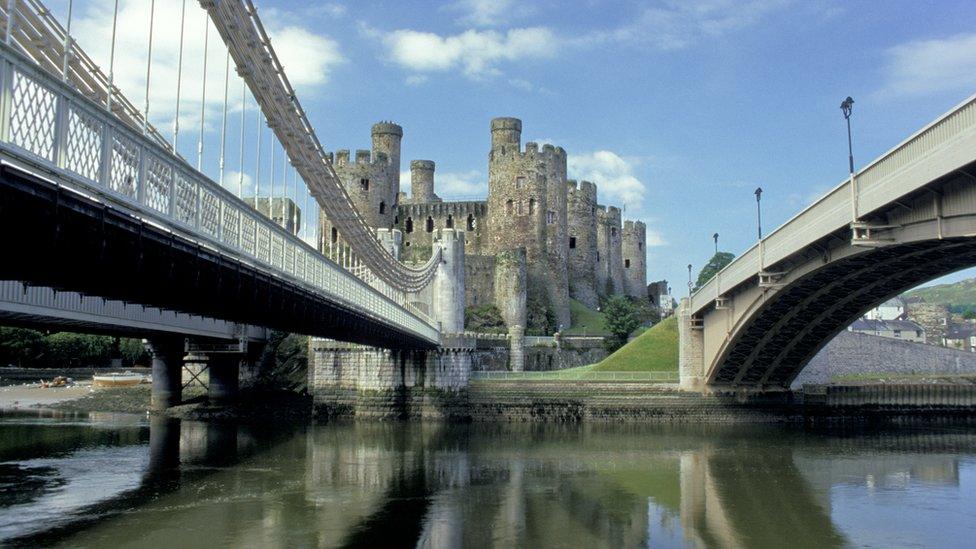
Councillors in Conwy fear a loss of local control over projects in the county borough
A new regional committee to co-ordinate transport and planning across north Wales could be costly and undermine democracy, a senior councillor claims.
Local Government Minister Julie James says collaboration between authorities will be key to post-pandemic recovery.
Conwy cabinet member Chris Cater feared extra costs and loss of local scrutiny.
However the Welsh Government said it would ensure that local authorities "will be able to do even more in their regions".
Another senior councillor told the Local Democracy Reporting Service it amounted to a "north Wales super-council let in through the back door".
The idea of regional committees is being proposed by the Welsh Government after controversial council merger plans raised in 2015 were dropped.
The Welsh Government felt the 22 local authorities were too small to be effective and efficient, but abandoned the idea of mergers in 2018 in the face of fierce opposition from councils.
Instead, four regional committees - covering north Wales, mid Wales, south east Wales and south west Wales - could be set up to co-ordinate major transport, planning and economic development projects.
In a consultation document on the idea, external, Ms James says it "builds on the best that has already been achieved" in co-operation between councils.
"Our ability to act locally is best defended when local action can be complemented by regional action where the nature of the service demands this and where scarce resources need to be shared," she said.
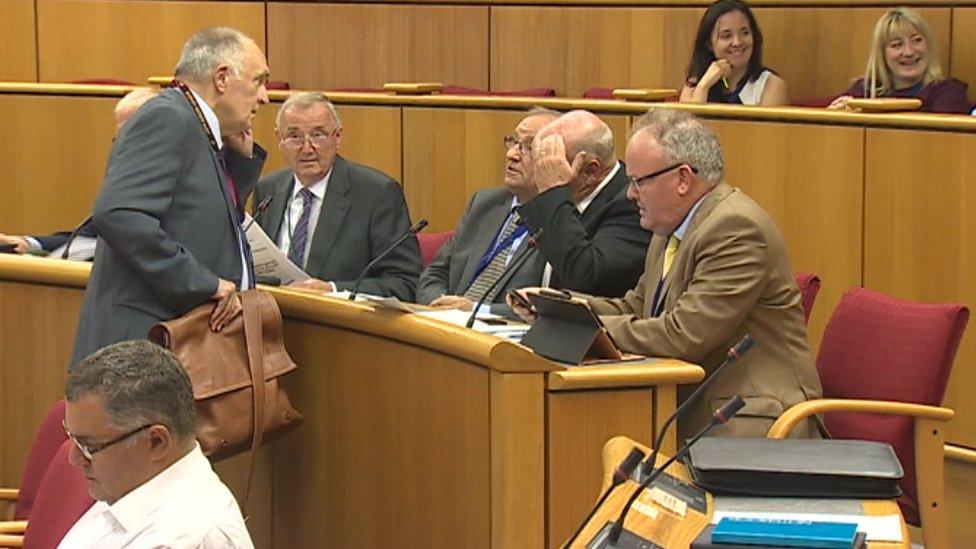
The Welsh Government wants to shake up the way local councils are run - and who runs them
However, Councillor Cater said Conwy council had "real concerns about a democratic deficit developing, potential lack of proper scrutiny and high costs for another layer of governance and administration".
He said councils already faced a "financially stressful pandemic/post pandemic period", with the total cost of the four committees covering Wales estimated at between £11m and £16.5m over six years.
Wrexham, Flintshire and Gwynedd councils have also raised concerns about the nature and timing of the proposals, although they predate the pandemic.
The Welsh Government hopes to have the committees up and running by September 2021 under new local government legislation, which also includes measures aimed at improving the diversity of people who stand for election.
A spokesperson for the Welsh Government said: "A corporate joint committee will not be the only vehicle for local government collaboration, but will provide local authorities with a powerful new tool where appropriate.
"The proposals build on existing successful regional arrangements, such as the North Wales Economic Ambition Board.
"Local authority leaders will be corporate joint committee members, putting accountability and local leadership at the heart of the decision making process.
"We remain committed to supporting councils that wish to merge to improve the services they provide to people in their areas. The Local Government and Elections Bill, which has completed its passage through the Senedd, provides for voluntary mergers to take place."
- Published28 June 2018

- Published23 March 2018
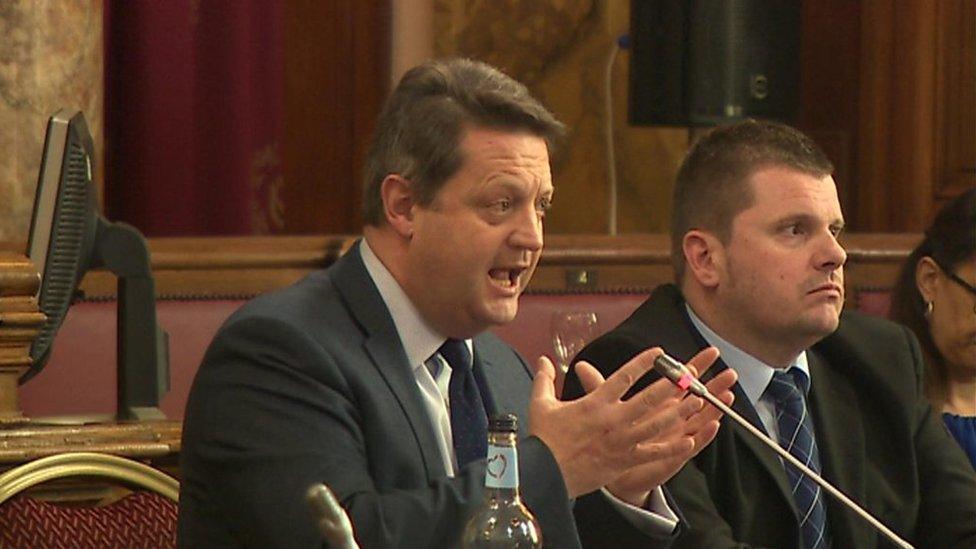
- Published26 January 2015
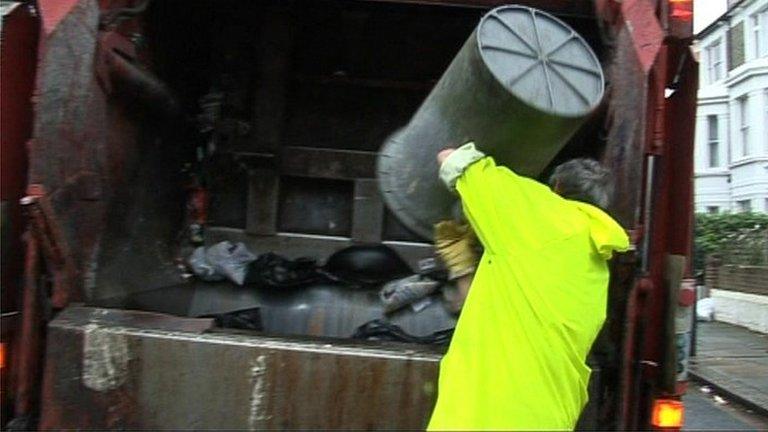
- Published20 January 2014
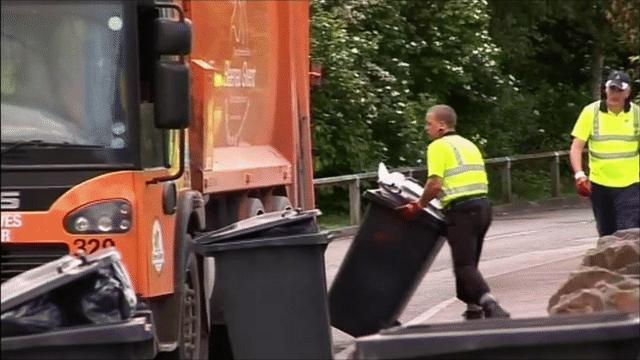
- Published24 December 2019

- Published7 December 2018
